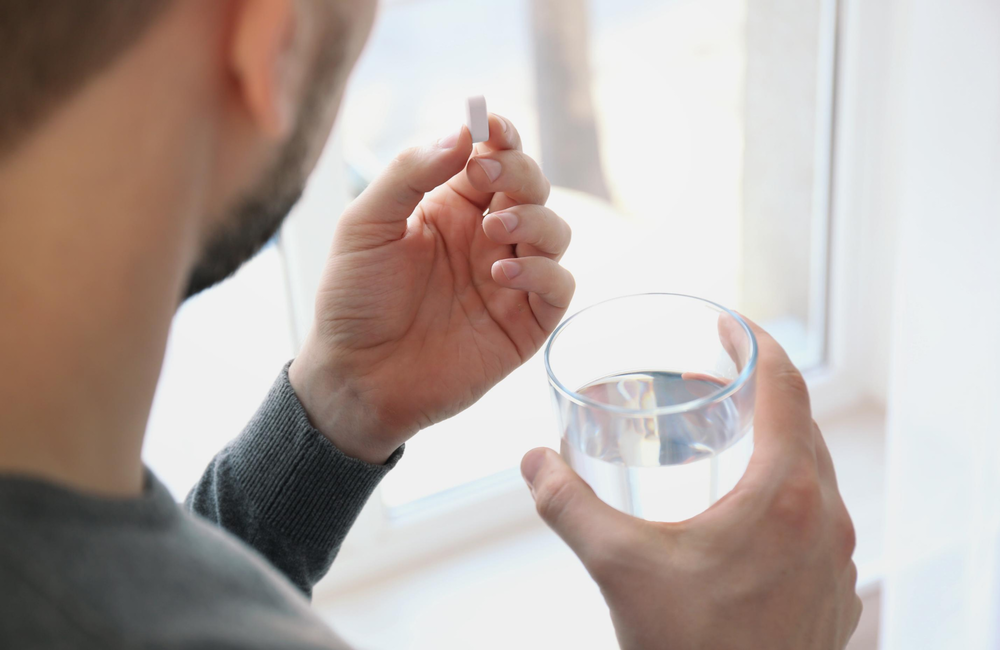
A community survey of people interested in PrEP in the UK, run in October and November 2020, shows an increase in access to PrEP compared to previous surveys, alongside numerous other changes that may reflect the impact of the coronavirus pandemic. Respondents reported more event-based dosing, fewer sexual partners and less sexual satisfaction.
PrEPster, iwantPrEPnow, HIV Scotland and Public Health England conducted the online anonymous survey to gather information about the experiences of PrEP users and potential users. It follows on from previous surveys in 2017, 2018 and 2019. Different people are likely to have taken part in each year’s surveys, so changes from year to year are suggestive rather than conclusive.
Participants were recruited through the mailing list of iwantPrEPnow, gay dating apps, social media promotion, and community-based organisations. The 1502 respondents were predominantly male (97%) and most identified as gay. Three per cent (42) said that their gender identity was not the same as their gender at birth. The majority were White (85%) and lived in England (88%).
Overall, 88% of respondents reported having ever used PrEP – an increase of approximately 10% from both the 2018 and 2019 surveys.
The most common way for people to get hold of PrEP was the Impact trial in English NHS clinics (57%). A further 8% had got PrEP through the NHS in Scotland, Wales or Northern Ireland. Fewer people obtained PrEP privately than in previous years, with, for example, those buying their PrEP from the internet falling from 32% in both 2018 and 2019 to 22% in 2020. Nonetheless, internet retailers remained the second most popular way to acquire PrEP, with the most commonly used being Dynamix International and Green Cross Pharmacy.
There were 186 respondents who wanted to access PrEP but had not been able to. Barriers included there not being any available places on the Impact trial (56%), not being able to afford the medication (37%), being told that they were ineligible (19%) and not being able to be seen in a clinic due to access issues (18%). Participants could give multiple responses to this question.
Among PrEP users, over two-thirds said their most recent PrEP regime was daily dosing (69%) with one-fifth saying they had used event-based dosing (20%). The proportion using event-based dosing is higher than in the last two surveys (15%).
Among people who were taking PrEP immediately before the March 2020 coronavirus lockdown, 63% said that their PrEP use had changed during lockdown. As well as shifting to event-based dosing, participants reported stopping PrEP, often because they were not having sex due to social distancing restrictions, fears of COVID-19 or changes in relationship status.
Respondents reported fewer condomless sex partners in the last 12 months than in the previous two surveys. The most frequently reported answers were one condomless partner (16%) and between two and four condomless partners (27%).
They also reported less sexual satisfaction than in previous surveys. When asked if they agreed with the statement “I feel satisfied with my sex life”, 10% of respondents strongly agreed and 33% agreed. In the 2019 survey, the figures were 19% and 44%, respectively.
“This survey demonstrates the positive impact of provision of PrEP through the English Impact trial, and through health services across the UK,” commented Dr Will Nutland of PrEPster. “More PrEP users than ever are obtaining their PrEP via supported NHS services.”
He continued: “COVID has inevitably had an impact on how people have used PrEP, with two-thirds of users changing their PrEP use pattern. As lockdowns have resulted in physical distancing, there has been a reported reduction in numbers of condomless sex partners. And, as a possible result, fewer respondents report having a satisfying sex life than in previous years.”
